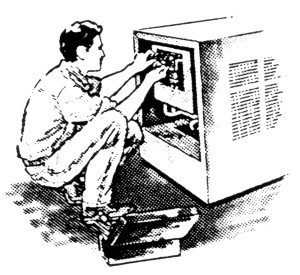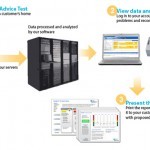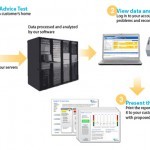The thermometer is beginning to creep higher in the Tampa area. It calls to mind the end of school, the beginning of beaches and vacation season, but it also finds residents closing those windows at night and running the air conditioning all day–and all night.
The next unavoidable event is the onset of higher power bills. It’s inevitable: no other appliance uses as much electricity as your air conditioner. In fact, in many homes, it can be the cause of up to 60 percent of the bill.
Don’t fret, because Bayonet has some simple tips to help you save money this season!
- Get a thorough system cleaning. That’s stating the obvious, isn’t it? Almost everyone knows that AC units require maintenance to be efficient. Do you know why? The air passes over a very cold cold in the air handler. As it is drawn across the coil, it cools off, providing the cool air to your home. Dirt and debris can also accumulate on those coils, which minimizes the surface area for the air to contact the coils. When left dirty, eventually it can become so clogged that it will “freeze” coil and put strain on your compressor. If slightly dirty, the system has to run longer to achieve your set temperature level, and the longer that unit runs the higher the power bills climb!
- BE CAREFUL when you choose the maintenance package! Caveat emptor is an ancient maxim that is quite applicable today. If you see an advertisement for a “tune-up” that is less than about $80, be very cautious. Truly, your system needs to have all mechanical parts checked, all amp draws checked and verified to be within normal limits, a refrigerant system check, both the indoor and outdoor coil cleaned, and a drain line and pan flush. That’s the minimum. Rare is the company that can do all of that for less than $80 in this economy. It should take more than an hour. Be a smart consumer and be sure you get what you need. Many of the companies who offer a dirt cheap “tune up” will be looking for ways to upsell you when they arrive.
- Set your system to 78 degrees or higher…According to Florida Power, your savings begin to kick in when the thermostat is 78 degrees or higher. You can save more than 3 percent per degree over 78, so while you’re away, turn it up to cash in on some easy savings. If you have pets, no higher than 82, please…
- If you’re considering system replacement, consider two speed systems! Yes, SEER is where it’s at for savings, but in our wonderfully tropical climate, humidity removal is not to be overlooked. Two-speed systems, especially today’s communicating ones, are especially good at removing humidity. A home at 78 degrees and 50 percent humidity feels like 74 degrees! Now that’s saving money without sacrifice!
If you have any specific questions, feel free to ask our experts or email us. We’re here when you need us, so don’t sweat, call Bayonet!












